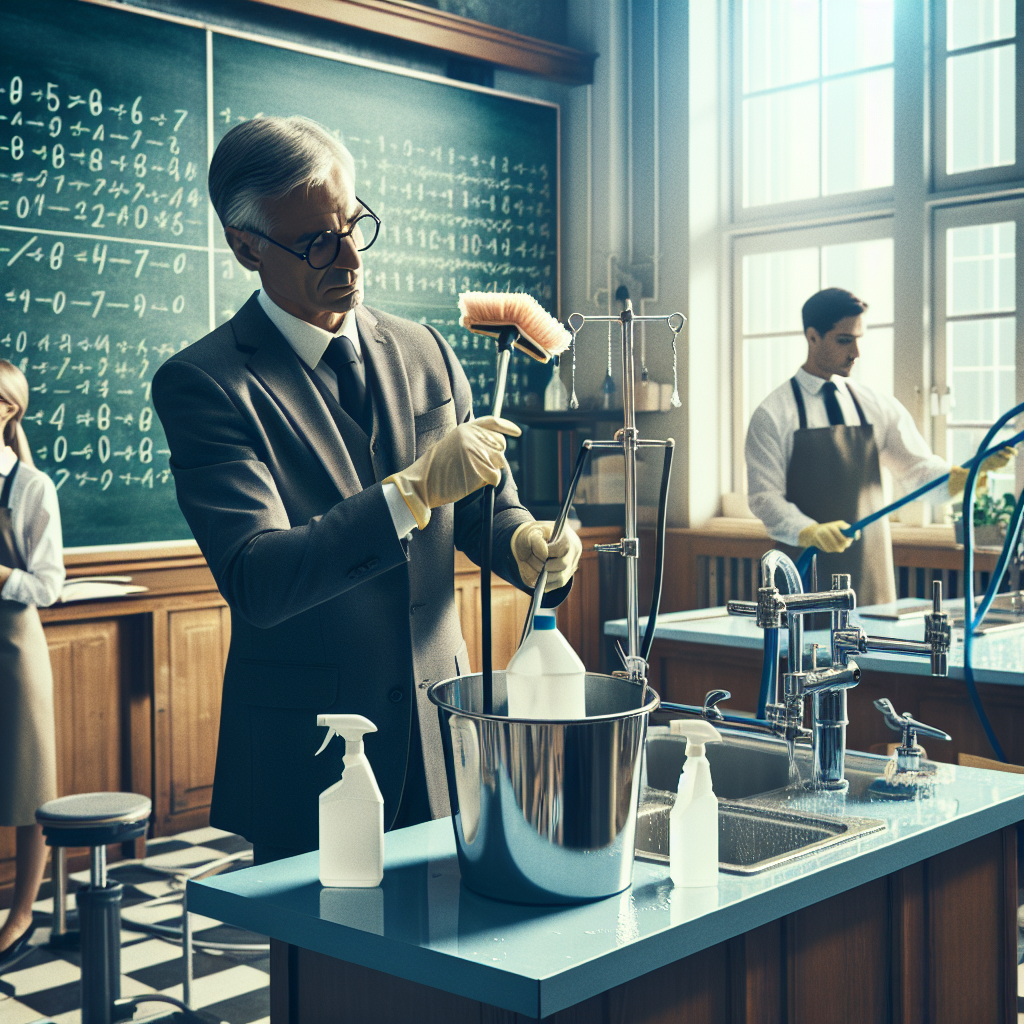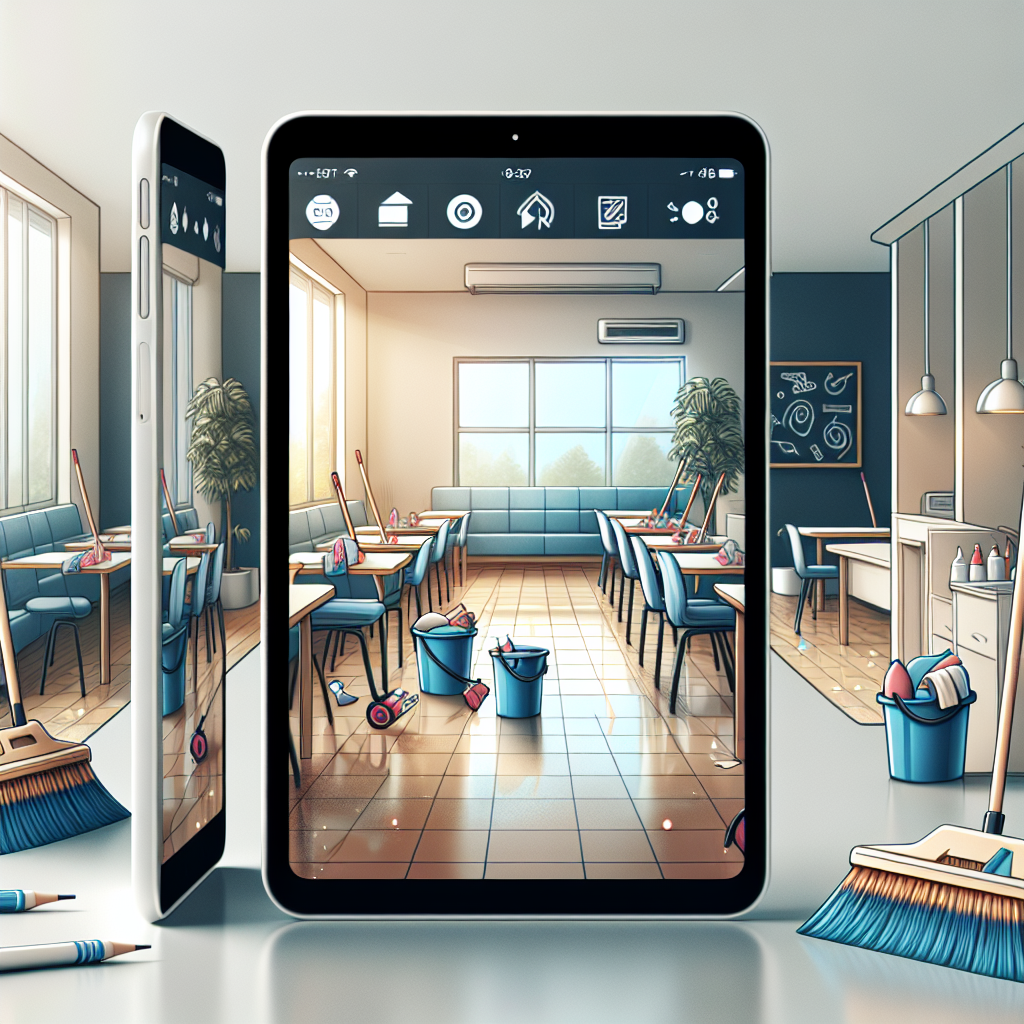Understanding the Maintenance Challenges
Schools are high-traffic areas with diverse spaces that demand specific cleaning and maintenance protocols. Common challenges include:
- Incorporating effective cleaning schedules for classrooms, hallways, restrooms, and common areas.
- Managing different types of flooring such as carpet, tile, and hardwood.
- Addressing sanitation requirements to prevent the spread of illnesses.
- Handling waste disposal efficiently while promoting recycling initiatives.
Key Strategies for Effective Maintenance
- Develop a comprehensive cleaning plan tailored to the school's layout and needs.
- Train cleaning staff on proper techniques, equipment usage, and safety protocols.
- Utilize eco-friendly cleaning products to promote sustainability and indoor air quality.
- Regularly inspect and maintain HVAC systems to ensure proper ventilation and air quality.
Effective Cleaning Techniques
Implementing the right cleaning techniques is essential for maintaining a healthy and clean school environment:
- Use color-coded cleaning tools to prevent cross-contamination between different areas.
- Follow a top-to-bottom cleaning approach to prevent dust and dirt from settling on previously cleaned surfaces.
- Incorporate steam cleaning for deep cleaning and sanitization of various surfaces.
- Implement a floor care program that includes regular sweeping, mopping, and polishing.
Importance of Preventive Maintenance
Preventive maintenance plays a crucial role in prolonging the lifespan of school facilities and equipment:
- Regularly inspect and service HVAC systems to prevent breakdowns and ensure optimal performance.
- Conduct routine checks on plumbing systems to detect and address leaks promptly.
- Inspect roofing and insulation to prevent water damage and maintain energy efficiency.
- Maintain playground equipment to ensure safety and compliance with regulations.
Collaboration and Communication
Effective collaboration and communication are key in addressing maintenance challenges in schools:
- Establish clear communication channels between cleaning staff, administrative personnel, and maintenance teams.
- Conduct regular meetings to discuss maintenance issues, improvements, and feedback.
- Encourage open dialogue to address concerns and implement effective solutions collaboratively.
Utilizing Technology for Maintenance
Technology can streamline maintenance processes and enhance productivity in school cleaning operations:
- Implement cleaning management software for scheduling, task assignments, and performance tracking.
- Utilize IoT devices for real-time monitoring of equipment, supplies, and facility conditions.
- Explore robotic cleaning solutions for efficient and consistent cleaning of large areas.
Continuous Training and Improvement
Investing in ongoing training and professional development for cleaning staff is essential for maintaining high standards of cleanliness:
- Provide regular training sessions on new cleaning techniques, products, and equipment.
- Encourage staff participation in industry conferences, workshops, and certifications.
- Seek feedback from staff and stakeholders to identify areas for improvement and innovation.



